Description
Introduction
Chemical injection quills are indispensable tools in industrial settings, ensuring the accurate and uniform distribution of chemicals within pipelines. By preventing channeling and optimizing chemical dispersion, these quills play a crucial role in enhancing operational efficiency and maintaining the integrity of pipelines.
Types of Chemical Injection Quills
Flange Connection Injection Quill:
Flange connection quills are designed for easy installation and removal, making them suitable for applications where flexibility is essential. Their seamless integration with flanged pipelines ensures efficient chemical injection. Industries such as oil and gas, chemical processing, and heavy manufacturing benefit from the improved operational efficiency provided by flange connection quills.
Welding Connection Chemical Injection Quill:
Welding connection quills offer exceptional durability and compatibility with welded pipelines. Their robust design ensures long-term performance and prevents leakage, making them ideal for demanding applications. Industries that rely on welded pipelines, such as oil and gas transportation, chemical processing, and cooling systems, benefit from the reliability and longevity of welding connection quills.
Retractable Chemical Injection Quill:
Retractable quills are designed to provide adjustable and retractable features, allowing for easy access to customization options offered by retractable chemical injection quills.
Materials and Customization Options
Chemical injection quills can be customized to meet specific requirements. The choice of materials ensures compatibility with the operating conditions and enhances corrosion resistance. Some common material options include:
Stainless steel is known for its excellent corrosion resistance properties, making it suitable for a wide range of chemical injection applications. Stainless steel 304 is widely used in general industrial settings, while stainless steel 316 offers enhanced resistance to corrosive environments, including chloride-induced corrosion.
Carbon steel provides strength and durability while being cost-effective. It is commonly used in applications where corrosion resistance is not the primary concern. A105N carbon steel is a popular choice for chemical injection quills due to its good mechanical properties and suitability for various industrial environments.
Dual-phase steel (DSS) combines the strength of ferritic steel with the corrosion resistance of austenitic steel. DSS steel is highly resistant to stress corrosion cracking and offers excellent toughness, making it suitable for demanding applications where both strength and corrosion resistance are crucial.
Inconel 625 is a high-performance nickel-based alloy known for its exceptional corrosion resistance in extreme environments, including those with high temperatures and aggressive chemicals. It is commonly used in oil and gas processing, chemical plants, and offshore applications.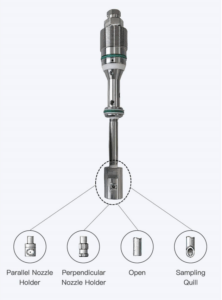
Other Nozzle Types
In addition to chemical injection quills, there are various nozzle types available for different applications:
- Parallel Nozzle Holder:
Parallel nozzle holders are used for uniform chemical dispersion in larger pipelines. They ensure even distribution along the pipe cross-section, maximizing the effectiveness of chemical treatments.
- Sampling Quill:
Sampling quills allow for the collection of fluid samples from pipelines for analysis and testing. They enable accurate monitoring of process conditions, ensuring the optimal performance of the system.
- Open Nozzle:
Open nozzles are designed to release chemicals into an open area, such as tanks or open channels. They provide effective dispersion of chemicals in applications where containment is not required.
- Perpendicular Nozzle Holder:
Perpendicular nozzle holders are used when chemicals need to be injected at a specific angle or direction. They allow for targeted injection and precise control of chemical dispersion.
Application of Anti-Corrosion Coating Technology
Apart from the use of chemical injection quills, anti-corrosion coating technology plays a vital role in preventing corrosion in oil and gas pipelines. This technique involves the application of protective coatings on the surface of pipelines to create a barrier between the metal and corrosive elements. Some common types of anti-corrosion coatings include enamel coatings, glass coatings, ceramic coatings, and nanocoatings. These coatings provide excellent resistance to wear, high temperatures, oxidation, and chemical attack, effectively safeguarding the pipelines against corrosion.
Application of Electrochemical Corrosion
Electrochemical corrosion protection is another important measure employed to combat pipeline corrosion. This method involves controlling the corrosion potential of metal through the use of electrical currents. By applying a protective metal layer with a negative potential on the surface of the pipeline, electrochemical corrosion protection reduces the corrosion rate and minimizes the damage caused by corrosive environments. This technique is particularly effective in mitigating corrosion caused by soil stray currents, moisture, pH variations, and other environmental factors.

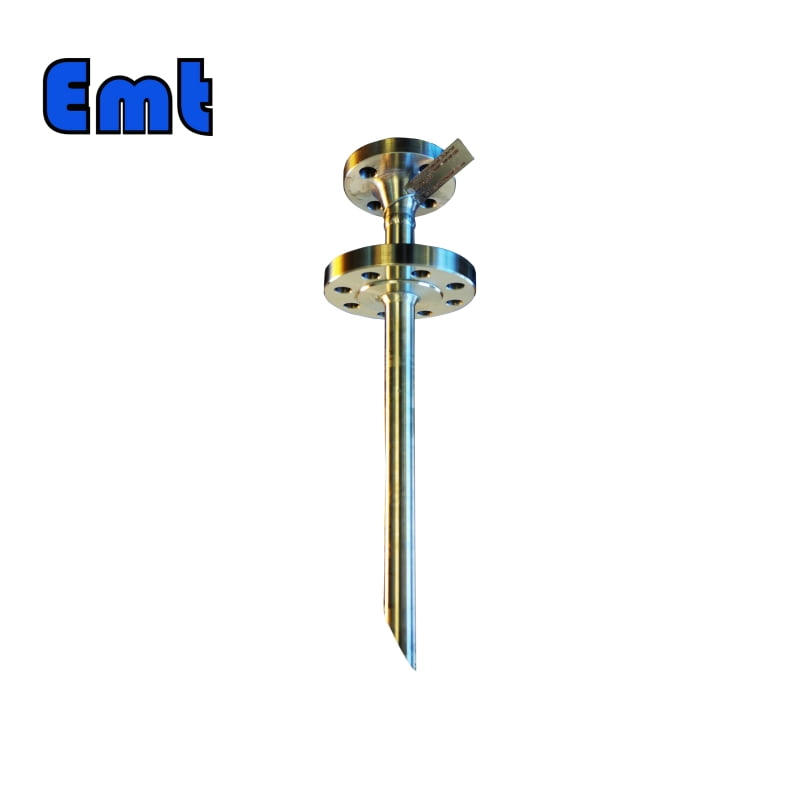
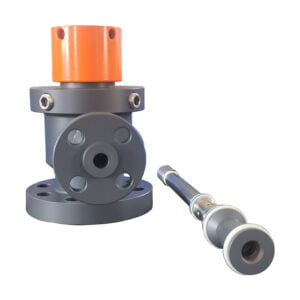
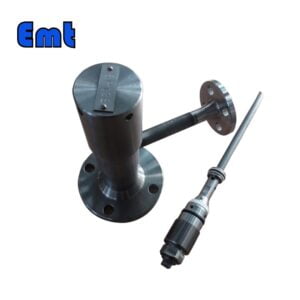
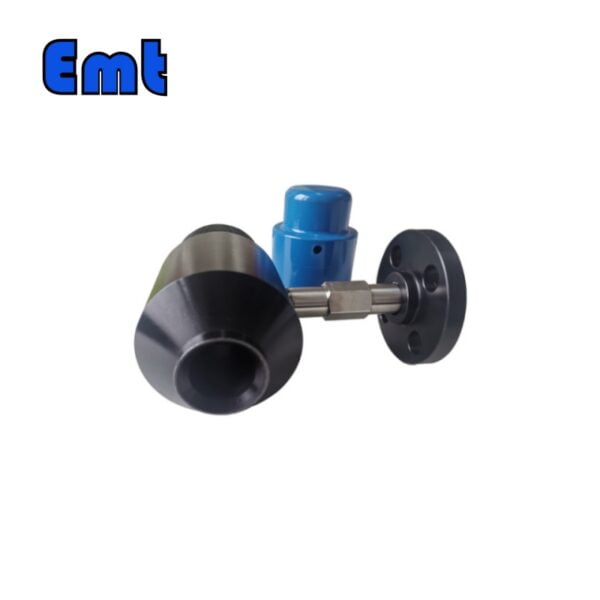
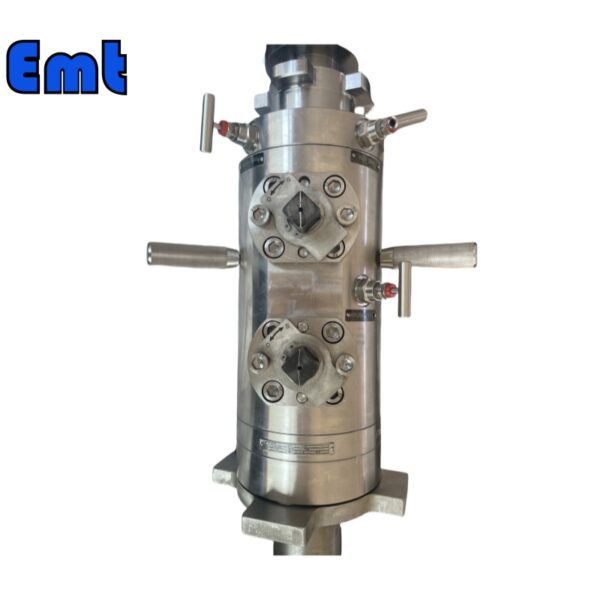
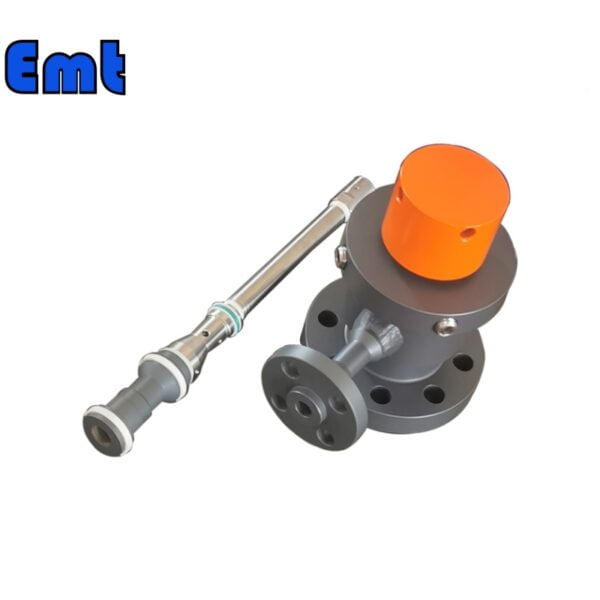
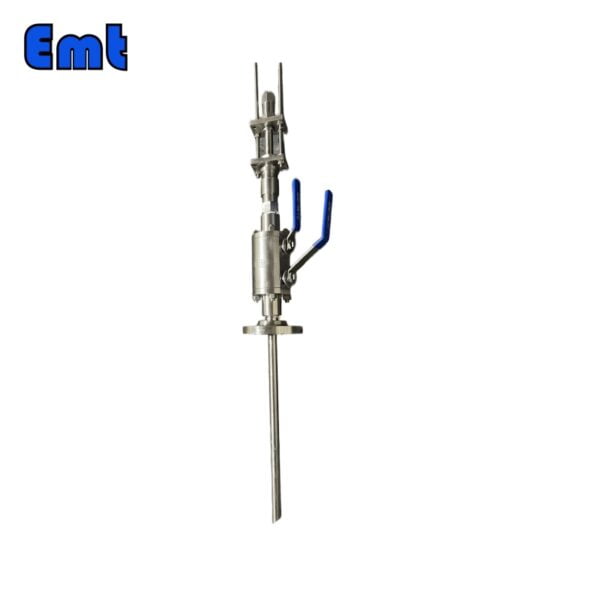
Reviews
There are no reviews yet.